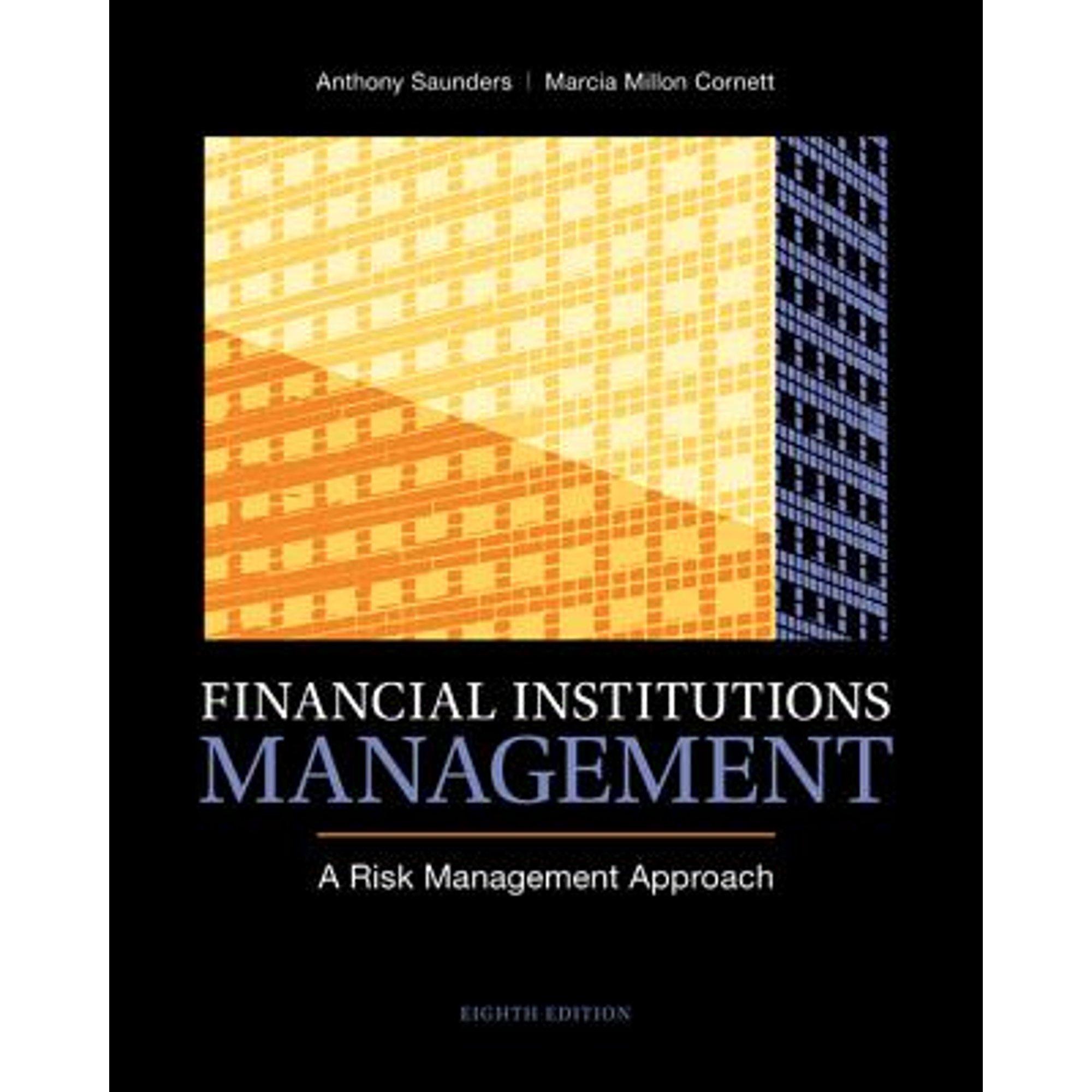Question
Question 14 Morris hired Erica's Restaurant to host a dinner party of 20 people for a total of $400. To formalize their understanding, Morris and
Question 14
| Morris hired Erica's Restaurant to host a dinner party of 20 people for a total of $400. To formalize their understanding, Morris and Erica signed a valid, written contract which stated all the terms of their dinner agreement. Additionally, their written contract contained a merger clause, making it a completely integrated agreement. The written contract only addressed the details of the dinner but did not make mention of dessert. At the time the contract was formed Erica and Morris also had a discussion about dessert. Morris claims that during this conversation, Erica orally agreed to add desert to the menu for all 20 guests for an extra $100. Erica, however, denies that she ever made any such agreement with Morris. If Morris sought to enforce Erica's promise to add dessert for an extra $100 what would the likely result be? |
Question 14 options:
|
| a) Since the contract had a merger clause, Morris would be barred from introducing evidence of their oral agreement to add dessert. |
|
| b) The agreement to add dessert for $100 would be unenforceable under the statute of frauds because it would make the total contract $500. |
|
| c) The parol evidence rule would not apply and Morris would be allowed to introduce evidence of their oral agreement to add desert as an additional term of their agreement. |
|
| d) Morris would be able to enforce the promise to add dessert but he would be required to pay the reasonable value of the dessert. |
Question 15
| Martin and Daphne entered into a contract with one another. The contract was prepared on a pre-printed form. The contract, however, also had provisions which were both typed onto the form as well as written in by hand. Unfortunately, the terms on the pre-printed form conflicted with what had been typewritten as well as what had been handwritten. Similarly, the terms which had been typewritten conflicted with those which had been handwritten. Which of the conflicting provisions would control, if any? |
Question 15 options:
|
| a) the terms of the pre-printed form. |
|
| b) the typewritten terms. |
|
| c) the handwritten terms. |
|
| d) the typewritten terms but only if they have been initialed by the parties. |
Question 16
| A promise to pay a debt must be in writing if: |
Question 16 options:
|
| a) the debt is for more than $500. |
|
| b) the debt is now due and payable. |
|
| c) the promise is to pay the debt of another if that person fails to pay the debt himself. |
|
| d) the debt owed is the promisor's. |
Question 17
The parol evidence rule:
|
|
Question 17 options:
|
| a) applies to complete written contracts. |
|
| b) prevents proof of fraud. |
|
| c) applies to incomplete contracts. |
|
| d) is not designed to encourage complete, written contracts. |
Step by Step Solution
There are 3 Steps involved in it
Step: 1

Get Instant Access to Expert-Tailored Solutions
See step-by-step solutions with expert insights and AI powered tools for academic success
Step: 2

Step: 3

Ace Your Homework with AI
Get the answers you need in no time with our AI-driven, step-by-step assistance
Get Started


